Interview exclusive pour Liberty’s Magazine
Dans un monde du cinéma en pleine mutation, Ariel Lavi s’impose comme l’un des producteurs les plus en vogue de sa génération. Scénariste et producteur international plusieurs fois récompensé, il a su s’imposer sur la scène mondiale grâce à des récits audacieux et universels. Des États-Unis au Nigeria, en passant par le Mexique, l’Italie et le Canada, ses films ont remporté 131 prix à travers le monde, reflet d’un talent rare et d’une vision profondément humaine du storytelling.
Il est également membre du jury du Sunset Film Festival et du Hollywood Film Festival. Parmi ses projets récents, le film « Holocaust Day », écrit et réalisé par Yevgeny Gravtol, avec Meyran Menkes, sera bientôt présenté dans plusieurs festivals internationaux. Son film « Unicorns & Rainbows », déjà primé 22 fois, s’est distingué au Cannes World Film Festival, à l’Ischia Global Film & Music Festival et au Marina Del Rey Film Festival ; il sera disponible en streaming en Italie à partir du 20 juillet.
Il est également à l’origine du film nigérian « Dangerous Silence », qu’il a écrit et produit. Le film a remporté 21 prix, a été projeté au TCL Chinese Theatre à Hollywood et salué par la critique sur Film Threat.
Toujours tourné vers l’avenir, Ariel Lavi continue de développer de nouveaux projets internationaux avec une énergie créative qui ne cesse de surprendre.
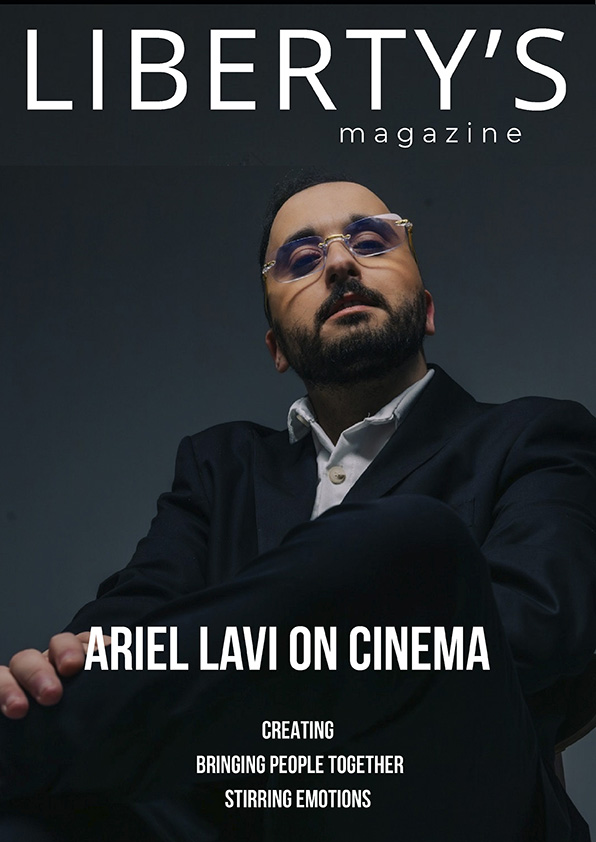
Qu’est-ce qui vous a donné envie de devenir scénariste et producteur ?
Après avoir été acteur et étudié au Lee Strasberg Film & Theatre Institute, j’ai compris que je devais créer mes propres films. Je ne savais pas que je deviendrais producteur de cinéma. Produire et écrire me permet de faire grandir ces histoires, du concept jusqu’à l’écran, en veillant à ce qu’elles touchent le plus large public possible. La possibilité de tisser des récits porteurs de sens, c’est ce qui m’a vraiment inspiré.
Y a-t-il un moment ou un film qui a marqué un tournant dans votre carrière ?
Bien que de nombreux projets aient façonné mon parcours, Dangerous Silence, tourné au Nigeria, a été un véritable tournant. Travailler dans un contexte culturel totalement différent, raconter une histoire qui a profondément touché la communauté locale, et voir le film obtenir une reconnaissance internationale a vraiment renforcé mon engagement pour une narration interculturelle et ma conviction que le cinéma peut créer des ponts entre les cultures.
Je peux aussi parler de Unicorns & Rainbows, un film fort avec une histoire profonde. Ce film a rencontré un grand succès en Italie et sera bientôt disponible sur WeShort et d’autres plateformes de streaming dans le pays.
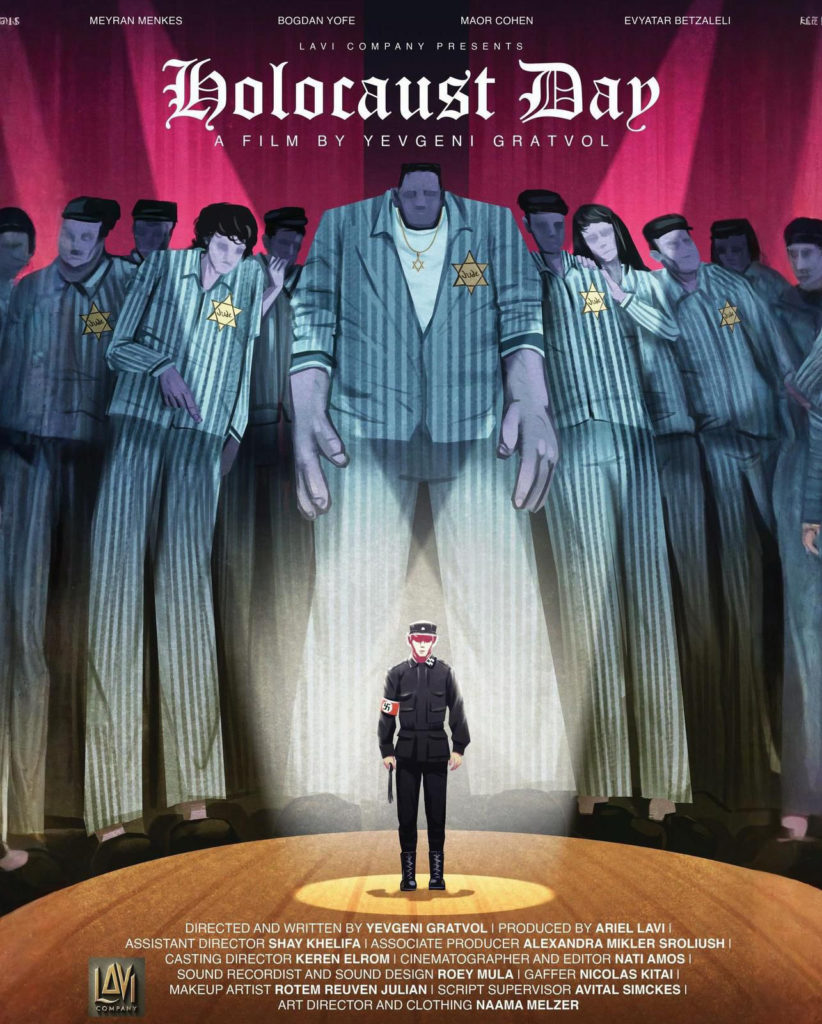
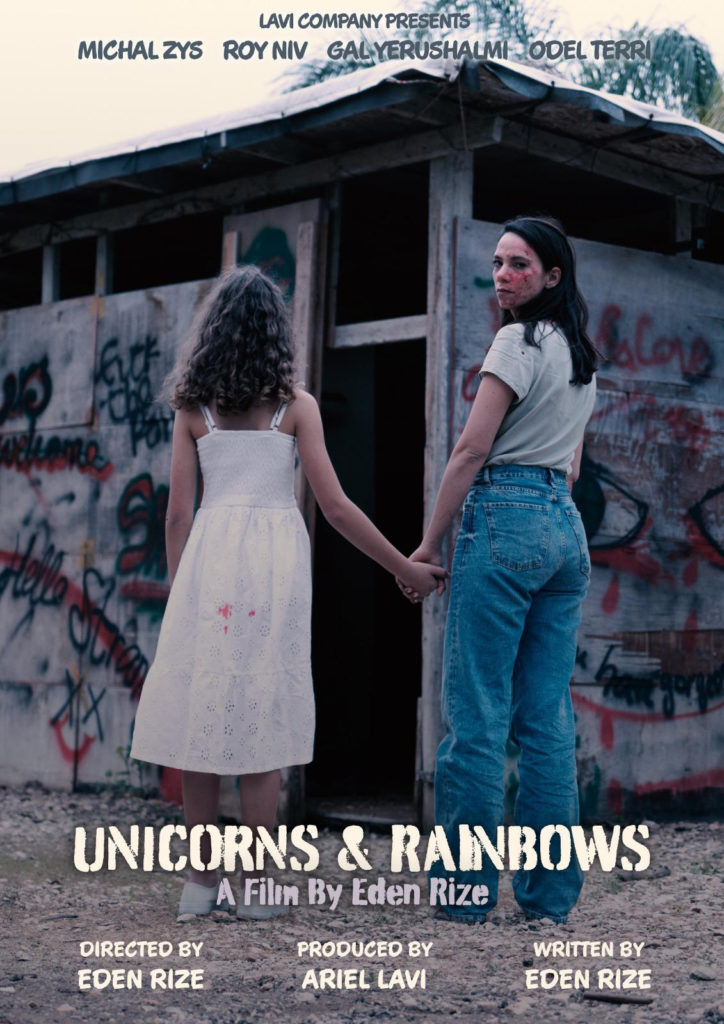
L’empreinte mondiale d’un conteur d’émotions
Quelles sont vos influences cinématographiques ?
J’admire les producteurs et scénaristes qui ne craignent pas d’aborder des thèmes complexes avec à la fois sensibilité et maîtrise artistique. Ceux qui sont de véritables artisans de leur métier, qui créent des histoires capables de susciter réflexion et émotion, et qui considèrent le cinéma comme un médium puissant. Je suis également inspiré par ceux qui utilisent le film comme un outil pour faire évoluer les mentalités.
Vous avez produit des films dans des pays très différents : comment adaptez-vous votre travail à chaque culture ?
L’adaptation est essentielle. Tout commence par l’écoute et l’apprentissage. Je m’immerge dans la culture locale en collaborant étroitement avec les talents du pays — scénaristes, acteurs, équipes techniques — afin de garantir authenticité et respect. Il est crucial de comprendre les nuances culturelles, les sensibilités, et les histoires qui méritent d’être racontées depuis ce point de vue. Je donne toujours la priorité au conseil culturel pour que les films résonnent d’abord et avant tout auprès du public local.
Quel a été le plus grand défi de produire à l’international ?
Naviguer à travers les complexités logistiques et culturelles du tournage dans des lieux très divers est toujours un défi. Surmonter les barrières linguistiques, comprendre des pratiques de production différentes et obtenir des financements sur divers marchés exigent beaucoup de souplesse et d’adaptabilité. Mais ce sont justement ces défis qui rendent les collaborations internationales si enrichissantes.
131 prix remportés à travers le monde: comment vivez-vous cette reconnaissance international ?
Je suis extrêmement reconnaissant et touché par cette reconnaissance. C’est un témoignage du travail acharné et de l’engagement de toute l’équipe — acteurs, techniciens, collaborateurs — sur chaque projet. Ces récompenses ne me sont pas uniquement destinées ; elles honorent toutes les personnes qui ont mis tout leur cœur et leur énergie dans la réalisation de ces films.
Est-ce que les récompenses influencent votre manière de créer ?
Bien que les récompenses soient gratifiantes, elles ne dictent pas mes choix créatifs. Ce sont les histoires elles-mêmes qui me motivent — celles qui méritent d’être racontées, celles qui peuvent avoir un impact. Je recherche des projets porteurs de sens, qui suscitent la réflexion et qui ont le potentiel de toucher le public en profondeur.
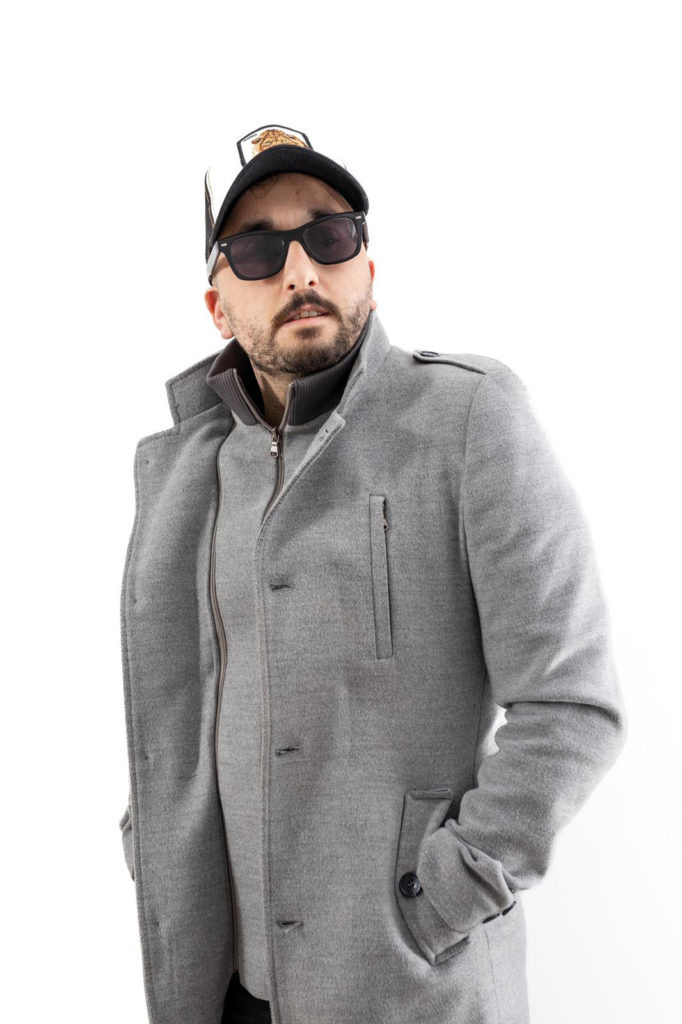
Quel prix ou festival a une signification particulière pour vous ?
La projection de Dangerous Silence au TCL Chinese Theatre à Hollywood a été particulièrement marquante. Voir un film réalisé au Nigeria, avec une équipe et un casting local, célébré dans un lieu aussi emblématique, a été un moment fort. Cela a mis en lumière la portée mondiale et l’impact universel que peut avoir le cinéma.
Quels sont vos projets en cours ou à venir ?
Holocaust Day, écrit et réalisé par Yevgeny Gravtol, s’apprête à entamer sa tournée en festivals, et je suis très enthousiaste quant à l’impact qu’il pourra avoir.
Avez-vous des projets en cours ou à venir pour la France ? Peut-on espérer vous voir collaborer avec des talents ou des structures françaises ?
Je suis activement en train d’explorer des opportunités de collaboration avec des talents et institutions français. La France possède une riche histoire cinématographique et une scène artistique très dynamique. Je suis convaincu qu’il existe un fort potentiel pour des coproductions et des collaborations capables d’apporter des perspectives nouvelles au paysage cinématographique mondial. J’espère vraiment produire un projet en France.
Pour en savoir plus @ariellavi_15 et https://www.instagram.com/lavi_company_
English version
Liberty’s Meets Ariel Lavi: Telling Stories to Carry Meaning Forward
Exclusive interview for Liberty’s Magazine
In a global film landscape that is constantly evolving, Ariel Lavi stands out as one of the most sought-after producers of his generation. An internationally acclaimed screenwriter and producer, he has made his mark across the United States, Mexico, Nigeria, Italy, and Canada, crafting powerful and human-centered stories that have earned him 131 awards worldwide.
He currently serves as a jury member at both the Sunset Film Festival and the Hollywood Film Festival. His latest project, « Holocaust Day », written and directed by Yevgeny Gravtol, and starring Meyran Menkes, is set to hit film festivals soon. His film « Unicorns & Rainbows », which has already won 22 awards, has been recognized at the Cannes World Film Festival, Ischia Global Film & Music Festival, and Marina Del Rey Film Festival, and will be available on streaming platforms in Italy starting July 20.
Lavi also wrote and produced « Dangerous Silence » in Nigeria — a film that won 21 awards, screened at the iconic TCL Chinese Theatre in Hollywood, and received high praise on Film Threat.
With new international productions underway, Ariel Lavi continues to push creative boundaries and solidify his place as a rising force in global cinema.
» I am driven by the stories themselves – the stories that need to be told, the stories that can make a difference. »
Ariel Lavi
What inspired you to become a screenwriter and producer?
After I was an actor and studied at Lee Strasberg Film & Theatre Institute, I understood I have to create films myself. I didn’t know I’d be a film producer. Producing and writing allows me to nurture those stories from concept to screen, ensuring they reach the widest possible audience. The ability to weave tales that carry meaning forward, that’s what truly inspired me.
Was there a pivotal moment or a specific film that marked a turning point in your career?
While many projects have shaped my path, « Dangerous Silence, » filmed in Nigeria, was a significant turning point. The experience of working in a vastly different cultural landscape, telling a story that resonated so deeply with the local community, and seeing it achieve international recognition really solidified my commitment to cross-cultural storytelling and the power of film to bridge divides. I can speak about Unicorns & Rainbows too . A powerful film with a deep story . This film was very successful in Italy and soon will be available on We Short and other streaming platforms in Italy.
Who are your major cinematic influences?
I admire film producers and screenwriters who aren’t afraid to tackle complex themes with both sensitivity and artistry, who are masters of their craft, who create stories that provoke thought and emotion, who see films as a powerful medium. I am also inspired by those that use films for changing mind .
You’ve produced films in very different countries — how do you adapt your work to each culture?
Adaptation is key. It starts with listening and learning. I immerse myself in the local culture, collaborating closely with local talent—writers, actors, crew—to ensure authenticity and respect. It’s crucial to understand the nuances of the culture, the sensitivities, and the stories that need to be told from that perspective. I prioritize cultural consulting to make sure the films connect with local audiences first and foremost.
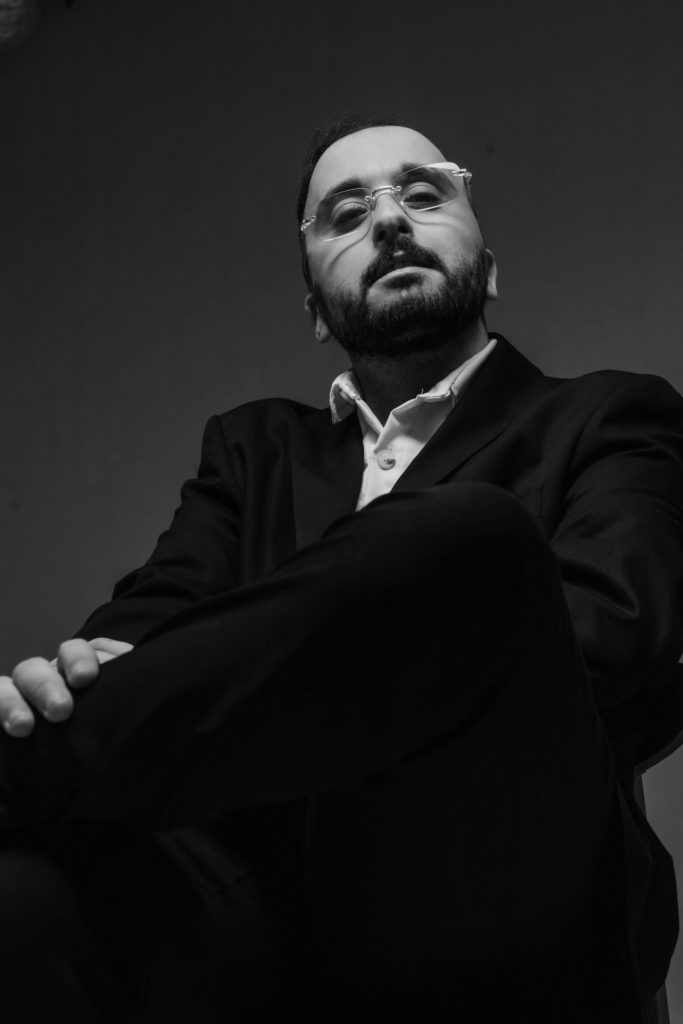
The Global Footprint of an Emotion Storyteller
What has been the biggest challenge of working internationally as a producer?
Navigating the logistical and cultural complexities of filmmaking in diverse locations is always a challenge. Overcoming language barriers, understanding different production practices, and securing funding in various markets require flexibility and adaptability. But these challenges are also what make international collaborations so rewarding.
- You’ve won 131 awards worldwide — how do you feel about this recognition ?
I am incredibly grateful and humbled by the recognition. It is a testament to the hard work and dedication of the entire cast and crew on each project. These awards are not just for me, but for everyone who poured their heart and soul into producing these films .
Do awards influence the way you create or choose your projects?
While awards are gratifying, they don’t dictate my creative choices. I am driven by the stories themselves – the stories that need to be told, the stories that can make a difference. I look for projects that are meaningful, thought-provoking, and have the potential to resonate with audiences on a deep level.
- Is there an award or festival that holds special meaning for you?
The screening of « Dangerous Silence » at the TCL Chinese Theatre in Hollywood was particularly meaningful. To see a film that was created in Nigeria, with a local cast and crew, celebrated in such an iconic venue, was a powerful moment. It highlighted the global reach and impact of filmmaking.
- What are your current or upcoming projects?
« Holocaust Day, » written and directed by Yevgeny Gravtol, is about to embark on its festival run, and I’m very excited about the impact it will have.
Do you have any current or upcoming projects in France? Can we expect to see you collaborating with French talents or institutions in the near future?
I am actively exploring opportunities to collaborate with French talents and institutions. France has a rich cinematic history and a vibrant artistic community. I believe there is great potential for co-productions and collaborations that can bring fresh perspectives to the global film landscape. I hope to produce something in France.

